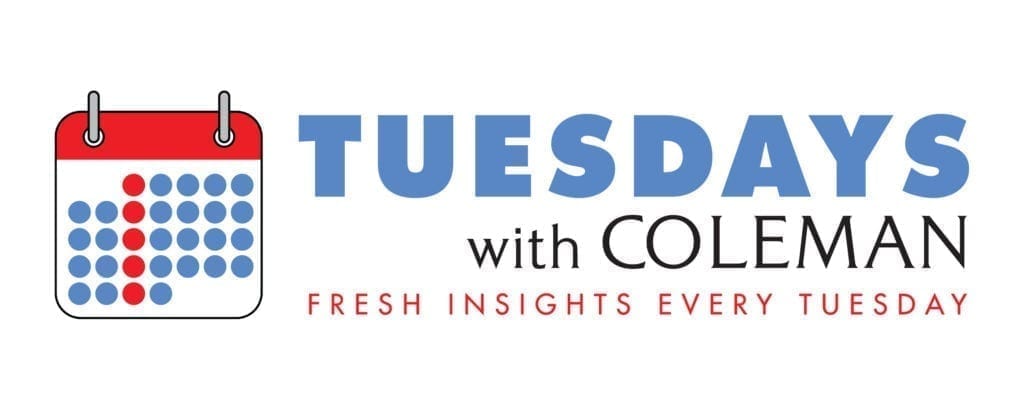
About a month ago, I started on one of those “two shakes a day” diets.
Wait, I’m not supposed to call it a diet. About a month ago, I started on one of the two shakes a day LIFESTYLES.
I’m only slightly embarrassed to say I needed something to get me started toward a healthier way of living.
So I’m on the plan. Shake for breakfast, shake for lunch. Modest dinner, mainly protein, and healthy snacks along the way. You know what? The pounds and inches that I picked up in the radio station kitchen (who brings all those free donuts?) are starting to fall off.
I’d like to maintain this LIFESTYLE as long as I can.
The process gets me thinking… besides eating the donuts in the kitchen, what other bad habits might I have picked up at the radio station, and how can we “shake” them?
Radio programmers generally do a great job of keeping good habits. But like diets, it’s easy to lose your way. Here are some ways radio stations fall “off the diet”:
NOT FOCUSING YOUR MESSAGING
At our presentation at the Worldwide Radio Summit, Outside Thinking: Flip The Script On How You Think About Your Radio Station, we demonstrated how delivering too many messages at once inhibits any of them from breaking through. Check out this guy I ran into at an amusement park.

He’s wearing a radio station t-shirt featuring their name, call letters, an extra frequency, slogan, morning show and workday positioning. Whew! That t-shirt could lose a few pounds.
NOT FOLLOWING THE MUSIC RESEARCH
You’re utilizing music research as part of your radio station’s strategy. “The Plan” says 00s Rhythmic Pop music not only doesn’t add potential audience, it is incongruent with your brand and the fans of your most appealing music don’t like it. “Yeah, but that song tested really well!”
Doesn’t mean you should play it.
This also applies to adding titles in between library music tests. “It’s only a few songs”. The next thing you know, your library is bloated with titles you shouldn’t be playing.
Put down the cookies.
Trust the music research and stick with your strategy.
NOT ENOUGH INTERACTION WITH YOUR LISTENERS
Your listeners are the lifeblood of your radio station. They often provide the most valuable feedback you can hear, giving you the opportunity to do more of the best things and cut out things they don’t like. Get out of the office and talk to them. You’ll even burn a few calories in the process.
NOT AIRCHECKING YOUR TALENT
You’ve done a market research study, you’re clear on the strategy, but who is in charge of delivering your radio station’s message day in and day out? Your air talent.
By regularly airchecking your jocks, you can create powerful buy-in from your team and ensure the plan is executed properly.
Just as a personal trainer is charged with keeping me disciplined and sticking to a workout schedule to stay fit, a program director is charged with keeping air talent disciplined and on message.
The bad habits of radio stations really aren’t that different from the bad habits of a diet.
Unfocused messaging? Kind of like bouncing from diet to diet. “You know, I tried that one for a little while but it didn’t work”. Why didn’t it work? Because it was the wrong diet (message) or because you didn’t give the diet (message) a long enough chance to be effective?
Not following the music research? That’s like straying from the diet here and there. “Hey, a little ice cream won’t hurt me.” “I can cheat with a few slices of pizza.” When you have a plan, whether to better your radio station or change your life, you have to remain focused and disciplined.
Maintaining focus and discipline will be the only way I continue to be successful with my new lifestyle.
And it’s also the only way you’ll continue to be successful with your radio station.
